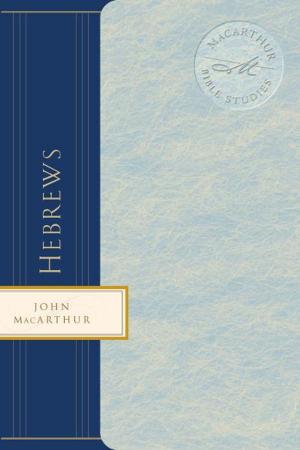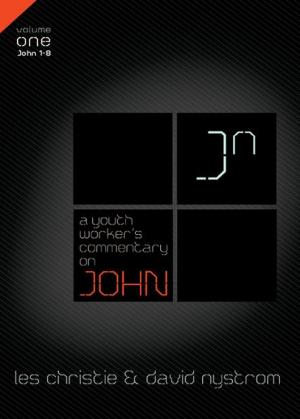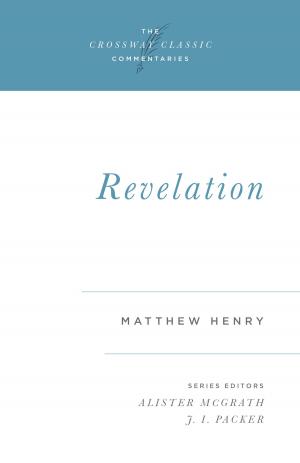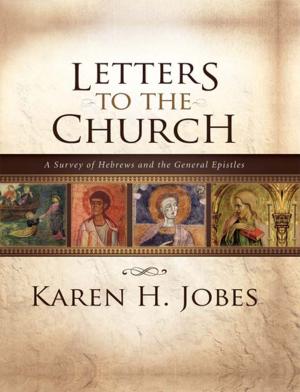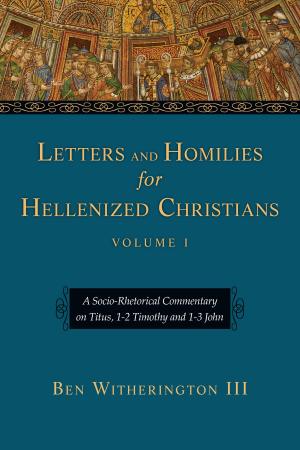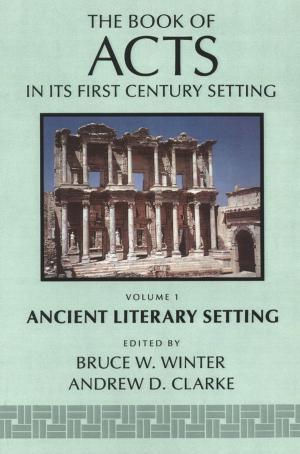A Brief Bible History : A Survey of the Old and New Testaments
Nonfiction, Religion & Spirituality, Bible & Bible Studies, Old Testament, Criticism & Interpretation, New Testament| Author: | James Oscar Boyd, John Gresham Machen | ISBN: | 1230000213594 |
| Publisher: | Tower of Sages | Publication: | January 28, 2014 |
| Imprint: | Language: | English |
| Author: | James Oscar Boyd, John Gresham Machen |
| ISBN: | 1230000213594 |
| Publisher: | Tower of Sages |
| Publication: | January 28, 2014 |
| Imprint: | |
| Language: | English |
A Brief Bible History : A Survey of the Old and New Testaments
That drama was a tragedy. It became a tragedy because of man's sin. The wonderful poem of creation in Gen., ch. 1, has for the refrain of its six stanzas, "God saw that it was good." Best of all was man, the last and highest of God's works—man, made in "his own image," after his likeness. On the sixth "day," when God made man, God said of his work, "Behold, it was very good." More than that: through the kindness of God man is put in a "garden," and is ordered to "dress it and to keep it." Ch. 2:15. Adam sees his superiority to the rest of the animal kingdom, over which he is given "dominion." He is thus prepared to appreciate the woman as a helpmeet for him, so that the unit of society may ever mean for him one man and one woman with their children. Adam is also warned against sin as having disobedience for its root and death as its result.
All this prepares us to understand the temptation, the miserable fall of the woman and the man, their terror, shame, and punishment. Ch. 3. And we are not surprised to see the unfolding of sin in the life of their descendants, beginning with Cain's murder of Abel, and growing until God sweeps all away in a universal deluge. Chs. 4, 6.
God's tender love for his foolish, rebellious creatures "will not let them go." At the gates of the garden from which their sin has forever banished them, God already declares his purpose to "bruise" the head of that serpent, Rom. 16:20, who had brought "sin into the world and death by sin," Gen. 3:15. Through the "seed of the woman"—a "Son of man" of some future day—sinful man can escape the death he has brought upon himself. And from Seth, the child "appointed instead of" murdered Abel, a line of men descends, who believe this promise of God. Ch. 5. In Enoch we find them "walking with God," v. 24, in a fellowship that seemed lost when paradise was lost. In Lamech we find them hoping with each new generation that God's curse will be at length removed. V. 29. And in Noah we find them obedient to a positive command of God, ch. 6:22, as Adam had been disobedient.
In the Flood, Noah and his family of eight were the only persons to survive. When they had come from the ark after the Flood, God gave them the promise that he would not again wipe out "all flesh." Ch. 9:11. But after it appeared that God's judgments had not made them fear him, God was just as angry with Noah's descendants as he had been with the men before the Flood. Pride led them to build a tower to be a rallying point for their worship of self. But God showed them that men cannot long work together with a sinful purpose as their common object; he broke up their unity in sin by confusing their speech, ch. 11, and scattering them over the earth, ch. 10. This second disappointment found its brighter side in the line of men descended from Noah through Shem, ch. 11:10, who also cherished God's promises. And the last stroke of the writer's pen in these earliest chapters of the Bible introduces the reader to the family of Terah in that line of Shem, and thus prepares the way for a closer acquaintance with Terah's son, Abraham, "the friend of God."
A Brief Bible History : A Survey of the Old and New Testaments
That drama was a tragedy. It became a tragedy because of man's sin. The wonderful poem of creation in Gen., ch. 1, has for the refrain of its six stanzas, "God saw that it was good." Best of all was man, the last and highest of God's works—man, made in "his own image," after his likeness. On the sixth "day," when God made man, God said of his work, "Behold, it was very good." More than that: through the kindness of God man is put in a "garden," and is ordered to "dress it and to keep it." Ch. 2:15. Adam sees his superiority to the rest of the animal kingdom, over which he is given "dominion." He is thus prepared to appreciate the woman as a helpmeet for him, so that the unit of society may ever mean for him one man and one woman with their children. Adam is also warned against sin as having disobedience for its root and death as its result.
All this prepares us to understand the temptation, the miserable fall of the woman and the man, their terror, shame, and punishment. Ch. 3. And we are not surprised to see the unfolding of sin in the life of their descendants, beginning with Cain's murder of Abel, and growing until God sweeps all away in a universal deluge. Chs. 4, 6.
God's tender love for his foolish, rebellious creatures "will not let them go." At the gates of the garden from which their sin has forever banished them, God already declares his purpose to "bruise" the head of that serpent, Rom. 16:20, who had brought "sin into the world and death by sin," Gen. 3:15. Through the "seed of the woman"—a "Son of man" of some future day—sinful man can escape the death he has brought upon himself. And from Seth, the child "appointed instead of" murdered Abel, a line of men descends, who believe this promise of God. Ch. 5. In Enoch we find them "walking with God," v. 24, in a fellowship that seemed lost when paradise was lost. In Lamech we find them hoping with each new generation that God's curse will be at length removed. V. 29. And in Noah we find them obedient to a positive command of God, ch. 6:22, as Adam had been disobedient.
In the Flood, Noah and his family of eight were the only persons to survive. When they had come from the ark after the Flood, God gave them the promise that he would not again wipe out "all flesh." Ch. 9:11. But after it appeared that God's judgments had not made them fear him, God was just as angry with Noah's descendants as he had been with the men before the Flood. Pride led them to build a tower to be a rallying point for their worship of self. But God showed them that men cannot long work together with a sinful purpose as their common object; he broke up their unity in sin by confusing their speech, ch. 11, and scattering them over the earth, ch. 10. This second disappointment found its brighter side in the line of men descended from Noah through Shem, ch. 11:10, who also cherished God's promises. And the last stroke of the writer's pen in these earliest chapters of the Bible introduces the reader to the family of Terah in that line of Shem, and thus prepares the way for a closer acquaintance with Terah's son, Abraham, "the friend of God."




